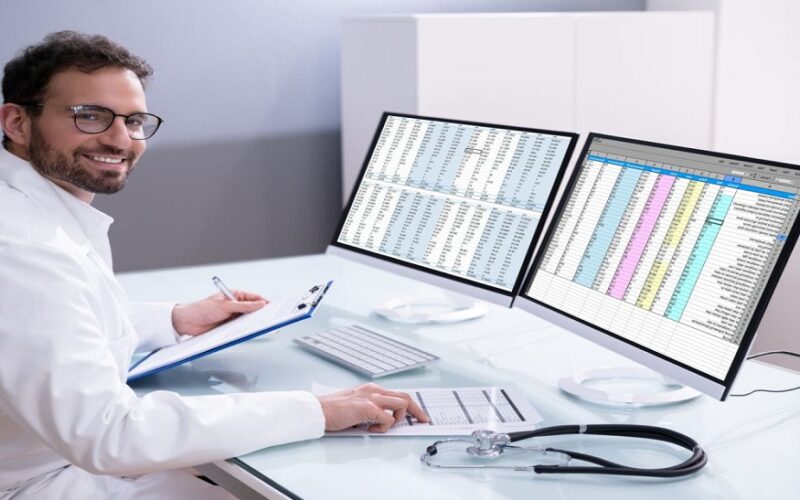Within the medical industry, there are so many important positions. You might assume that doctors and nurses are the most important people within this industry and yes, they are in terms of helping to save lives and keep people healthy. But for the medical industry to function properly, there are many non-medical personnel without whom there would be chaos. We are talking about certain administrative staff known as medical coders.
What Do Medical Coders Do?
While doctors and nurses take care of patients, it is the medical coders who work behind the scenes to ensure that insurance companies and agencies such as Medicare and Medicaid are sent the correct claims so that prompt payment can be made.
Every aspect of a patient’s visit to a medical facility is documented and then translated into code. So, everything from diagnosis codes to codes for every type of treatment, medication prescribed, lab test carried out, or administrative task must be recorded on a claim for payment. According to the people at Find-A-Code.com, the job of a medical coder is one of the most important in the healthcare industry.
Medical coding is a universal language spoken by medical professionals, coders, billers, and insurance companies. Unique codes are assigned to all types of treatment and leave no room for ambiguity.
Without the correct coding on medical insurance claim forms, payments will be delayed or even rejected. The role of the medical coder is therefore vital for the smooth running of a medical facility.
What Does a Medical Coder Need to Know?
You might think that a medical coder needs to be some sort of genius capable of remembering thousands of different codes, but this is not the case. Those who work in the industry will tell you that they do remember some of the more commonly used codes by heart but for the most part, they will still need to look most of them up. What they do need to know though is what type of codes to use for specific treatments and procedures.
A knowledge of medical terminology is also necessary. Medical coders need to understand terms written on patient reports. This means a working knowledge of physiology, pharmacology, and anatomy terminology. Coding not only refers to specific treatments but also to the side of the body on which they are carried out. It is essential for coders to understand what they are reading and apply the correct coding.
Why Coding Must be Accurate
With so many different codes, including ICD-10 codes and CPT codes, it is vital that the coder is completely accurate when translating a patient file. Using incorrect coding can result in a patient being given the wrong medication, which could end up being catastrophic.
Incorrect coding can also mean that the claim will be sent back by the insurance company for amendment and resubmission. This will then affect cashflow for the medical facility, which can in turn affect patient care. Sometimes, incorrect coding will result in claims being partially paid, which then means that the medical facility will have to make up the shortfall or the patient will be expected to pay the difference.
It can also happen that incorrect medical coding could be seen as a deliberate falsifying of insurance claims, which is a federal offense. This can result in large fines and even prison sentences for repeated offenses. This is why it is so important for claims to be accurately coded. Coders must have excellent attention to detail and not be afraid to question things on a patient file that do not seem quite right.

